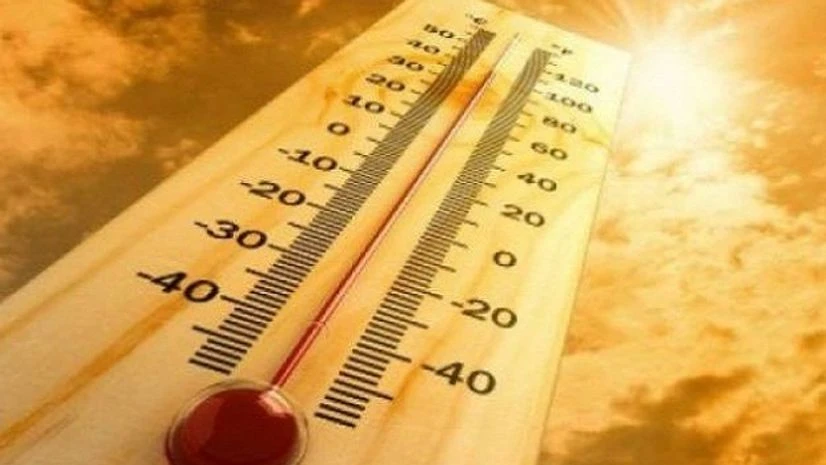Global megacities like Kolkata could face annual deadly heat waves like the one that claimed over 2,000 lives in India in 2015, even if global warming is halted at the levels struck under the Paris deal, scientists have warned.
Nations supporting the 2015 Paris Agreement have pledged to limit global warming to below 2 degrees Celsius above preindustrial levels.
However, extreme heat events are expected to occur ever more often as the two degree Celsius limit is approached, researchers said.
Also Read
An analysis of 44 of the 101 most populous "megacities" showed that the number of cities experiencing heat stress doubled with 1.5 degrees Celsius of warming, researchers said.
The trend would potentially expose more than 350 million additional people to heat stress by 2050, if population continues to grow as expected, researchers said.
"As the climate warms, the number and intensity of heat waves increases," said Tom Matthews, a climatologist at Liverpool John Moores University in the UK.
"Research has shown this to be the case for the global warming experienced to date, and our research is the latest to show that we can expect even larger increases as the climate continues to warm," Matthews was quoted as saying by 'Health Day'.
Even if global warming is halted at Paris goals, the megacities of Karachi in Pakistan and Kolkata in India could face annual conditions similar to the deadly heat waves that gripped those regions in 2015, researchers said.
During the 2015 heat waves in those areas, about 1,200 people died in Pakistan and more than 2,000 died in India.
These heat waves are particularly threatening to large cities containing lots of heat-absorbing asphalt and concrete, not to mention huge populations, said Georges Benjamin, executive director of the American Public Health Association.

)
